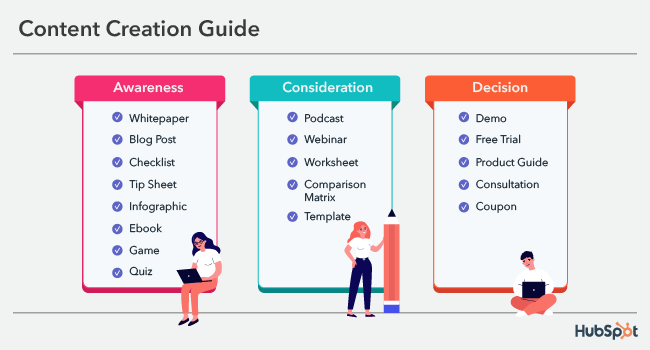
Search Engine Revolution: Navigating Digital Horizons
The digitalization of search engines has transformed the way information is accessed and businesses are discovered online. This article explores the evolution of search engine digitalization, delving into its impact on user behavior, website optimization, and the strategies businesses employ to thrive in this dynamic landscape.
The Evolution of Search Engines in the Digital Era
Search engines have come a long way from simple keyword matching to sophisticated algorithms that consider user intent, context, and personalization. The digitalization of search engines involves the integration of advanced technologies such as artificial intelligence and machine learning, revolutionizing how search results are ranked and presented to users.
User Behavior in the Age of Digitalized Search
As search engines become more adept at understanding user intent, user behavior has evolved accordingly. Modern search users expect highly relevant and personalized results. They utilize long-tail queries, voice search, and mobile devices, shaping the landscape for businesses to optimize their online presence to align with these changing search patterns.
Website Optimization Strategies for Digitalized Search
Digitalized search engines place a premium on website optimization. Businesses must focus on technical SEO aspects, mobile responsiveness, and page load speed to meet the criteria set by search algorithms. Content optimization involves creating valuable, engaging, and authoritative content that aligns with user queries, ensuring a favorable position in search results.
Local Search and the Importance of Geotargeting
For businesses with a physical presence, local search has become a cornerstone of their digital strategy. Search engines consider geotargeting signals to provide users with location-specific results. Optimizing for local search involves creating accurate business listings, obtaining positive reviews, and ensuring consistency across online platforms, enhancing visibility within specific geographic areas.
Voice Search and Conversational Queries
The rise of voice search has added a new dimension to digitalized search. Users now interact with search engines using natural language and conversational queries. Businesses need to adapt their content and optimization strategies to cater to voice search, focusing on providing concise, relevant answers to the questions users may pose through voice-enabled devices.
Featured Snippets and Position Zero in Search Results
Digitalized search results often feature snippets—concise summaries of information that directly answer user queries. Securing position zero, the snippet box at the top of search results, has become a coveted spot for businesses. Structuring content to answer common queries succinctly increases the chances of being featured in this prime position.
Mobile-First Indexing and Responsive Design
With the increasing prevalence of mobile devices, search engines have shifted to mobile-first indexing. Websites that offer a seamless experience across devices, especially on mobile, receive preferential treatment in search rankings. Responsive design is crucial for ensuring that websites adapt and display optimally on various screen sizes, enhancing user experience and search visibility.
Understanding Search Engine Algorithms and Updates
Digitalized search engines regularly update their algorithms to provide users with the most relevant and high-quality results. Businesses must stay informed about these updates and adapt their strategies accordingly. Focusing on factors such as content quality, backlink profiles, and user experience helps maintain a favorable position despite algorithmic changes.
The Role of Artificial Intelligence in Search
Artificial intelligence (AI) plays a pivotal role in search engine digitalization. Machine learning algorithms analyze vast amounts of data to understand user behavior, improve search results, and personalize recommendations. Businesses can leverage AI-driven insights to refine their content, target audience segments more effectively, and stay ahead in the competitive digital landscape.
Strategies for Businesses to Thrive in Digitalized Search
To thrive in the digitalized search landscape, businesses must adopt a multifaceted approach. This involves continuous monitoring of search trends, optimizing for new search features, staying informed about algorithm updates, and prioritizing user experience. Implementing structured data markup, maintaining an active online presence, and cultivating positive reviews further enhance digital visibility.
For an in-depth exploration of Search Engine Digitalization, visit Search Engine Digitalization. Navigating the digital horizons of search engines requires a strategic and adaptive approach. By understanding the evolving nature of search algorithms and user behavior, businesses can position themselves for success in the dynamic world of digitalized search.





